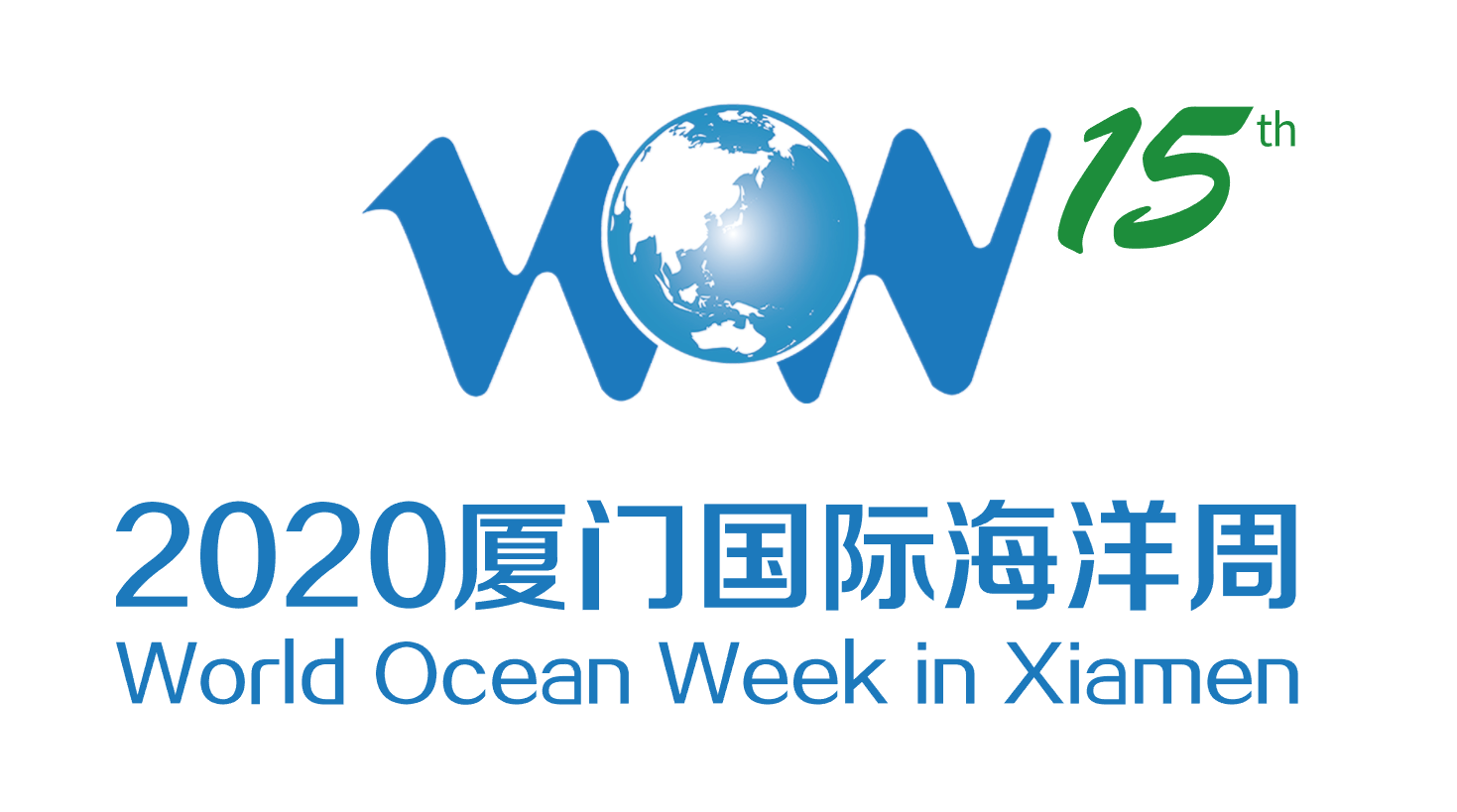China in the global economy
China is a member of the WTO and is the world's largest trading power, with a total international trade value of US$3.87 trillion in 2012. Its foreign exchange reserves reached US$2.85 trillion by the end of 2010, an increase of 18.7% over the previous year, making its reserves by far the world's largest. In 2012, China was the world's largest recipient of inward foreign direct investment (FDI), attracting $253 billion. China also invests abroad, with a total outward FDI of $62.4 billion in 2012,and a number of major takeovers of foreign firms by Chinese companies. In 2009, China owned an estimated $1.6 trillion of US securities, and was also the largest foreign holder of US public debt, owning over $1.16 trillion in US Treasury bonds. China's undervalued exchange rate has caused friction with other major economies, and it has also been widely criticized for manufacturing large quantities of counterfeit goods. According to consulting firmMcKinsey, total outstanding debt in China increased from $7.4 trillion in 2007 to $28.2 trillion in 2014, which reflects 228% of China's GDP, a percentage higher than that of some G20 nations.
China ranked 29th in the Global Competitiveness Index in 2009, although it is only ranked 136th among the 179 countries measured in the 2011 Index of Economic Freedom. In 2014, Fortune's Global 500 list of the world's largest corporations included 95 Chinese companies, with combined revenues of US$5.8 trillion. The same year, Forbes reported that five of the world's ten largest public companies were Chinese, including theworld's largest bank by total assets, the Industrial and Commercial Bank of China.



 闽公网安备 35020302000788号
闽公网安备 35020302000788号